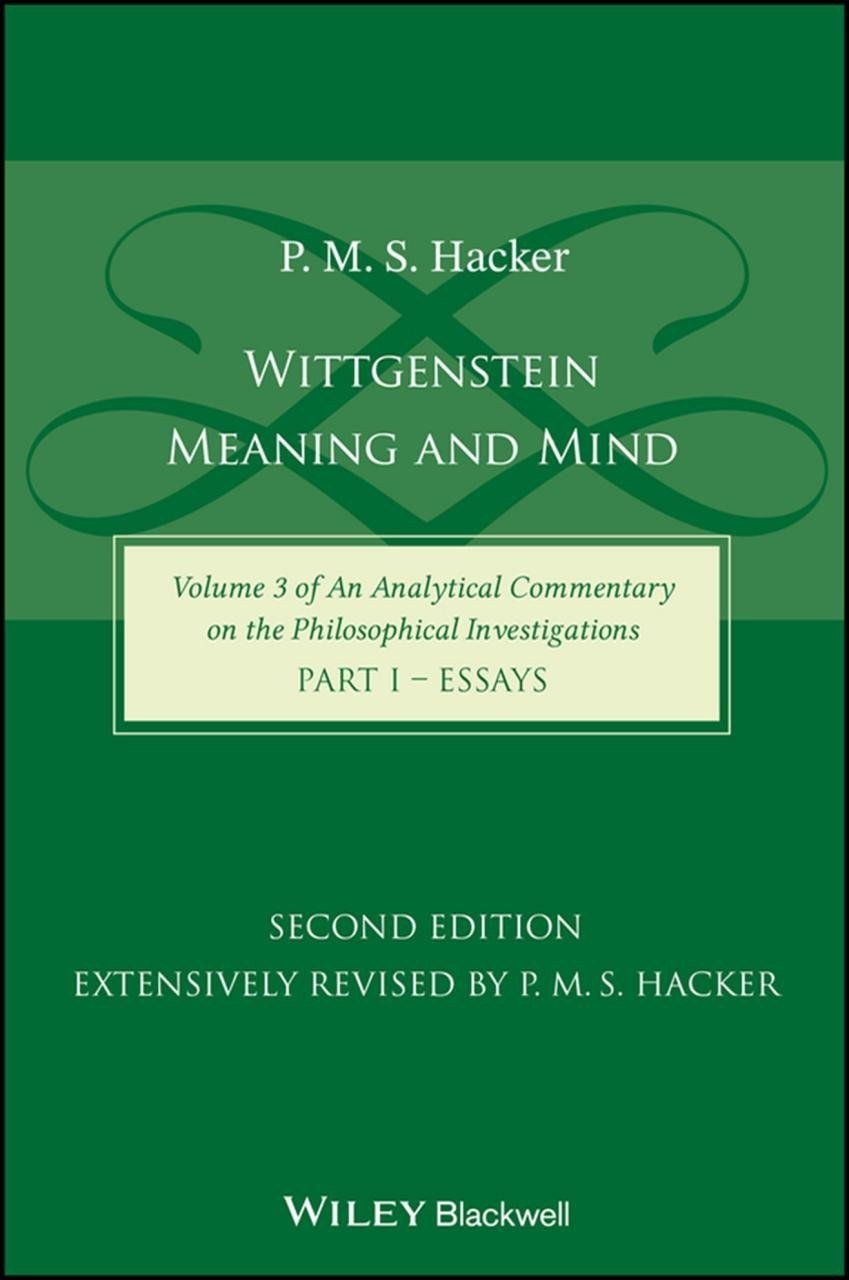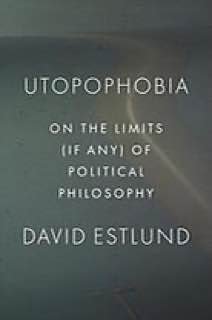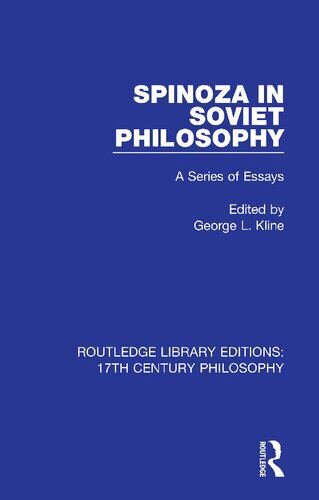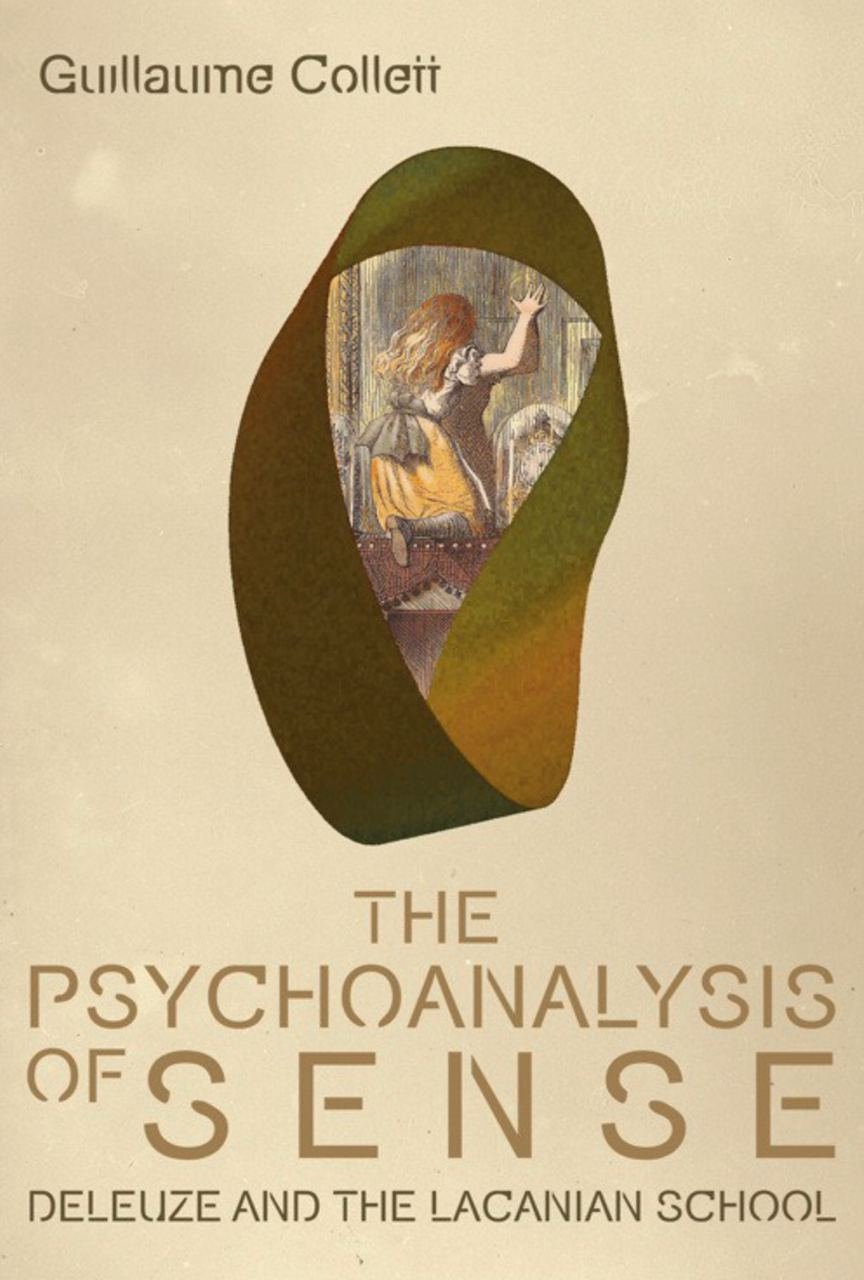

Collected Papers of Charles Sanders Peirce
Private Book Reader
Upload and read your personal PDF books in our secure reader
Read Your Private BookShort Audio Book Summary
Collected Papers of Charles Sanders Peirce Summary
0:00 / 0:00Reviews
No review yet. Be the first to review this book!
Description
"Collected Papers of Charles Sanders Peirce" by Charles Sanders Peirce is one of the most comprehensive and influential collections of writings by the American philosopher, logician, and mathematician who is often considered the founder of pragmatism and a pioneer in semiotics. The eight-volume series was compiled and edited posthumously by Charles Hartshorne, Paul Weiss, and Arthur W. Burks. This monumental work gathers Peirce’s vast and complex philosophical output, spanning a variety of disciplines, including logic, mathematics, philosophy of science, metaphysics, epistemology, and the theory of signs (semiotics). The Collected Papers are organized thematically rather than chronologically, which provides a structured approach to Peirce’s multifaceted thought. The first few volumes cover Peirce’s work on exact logic, including his contributions to the development of formal logic, syllogistic reasoning, and the theory of signs. Peirce’s semiotic theory, which divides signs into icons, indexes, and symbols, and his triadic model of semiosis, are foundational for understanding communication, language, and meaning. The middle volumes focus on his pragmatism (which Peirce later renamed "pragmaticism" to distinguish it from the interpretations of contemporaries like William James). Here, Peirce elaborates his pragmatic maxim: that the meaning of a concept lies in its practical effects and conceivable experiential consequences. He extends this principle to ethics, aesthetics, and the scientific method, arguing for fallibilism—the view that our knowledge is always provisional and subject to revision. Later volumes explore metaphysical themes such as Peirce’s categories of Firstness, Secondness, and Thirdness, which underpin his entire philosophical system. These categories describe modes of being and experience, ranging from raw, immediate feeling (Firstness), through actual facts and brute force (Secondness), to laws, habits, and mediation (Thirdness). Peirce also delves into cosmology, theology, and his evolutionary theory of the universe, proposing that the cosmos is governed by an underlying principle of growth and development toward increasing complexity and reason. The Collected Papers reveal Peirce as a systematic thinker with an ambitious vision of philosophy as a rigorous, scientific endeavor. His writings reflect deep insights into the nature of reasoning, inquiry, and the growth of knowledge. Though often dense and challenging, Peirce’s work has had a profound impact on a range of disciplines, including philosophy, linguistics, semiotics, and cognitive science. The Collected Papers remain an essential resource for scholars and students seeking to understand Peirce’s enduring contributions to modern thought.















 May 03, 2025
May 03, 2025









.jpg)









.jpeg)







.jpeg)


.jpeg)
.jpg)





.jpg)

.jpg)


.jpg)




.jpg)


.png)



.jpeg)









.jpeg)
.jpg)



.jpg)








































